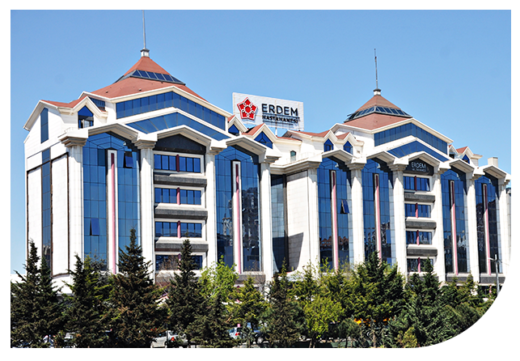For many, the word “colonoscopy” still conjures a sense of awkwardness or fear of discomfort, embarrassment, or bad news. But beyond the myths and stigma, the truth is simple: a colonoscopy is one of the most effective tools in modern medicine for preventing and detecting colorectal diseases, especially cancer.
And in most cases, it’s quick, painless, and far easier than expected.
What Is a Colonoscopy?
A colonoscopy is a medical procedure that allows a doctor to examine the inside of your large intestine (colon and rectum) using a long, flexible tube with a tiny camera at the end, called a colonoscope.
The procedure helps identify:
- Colon polyps (which can become cancerous over time)
- Inflammation, ulcers, or bleeding
- Diverticulosis or diverticulitis
- Colorectal cancer
- Unexplained digestive symptoms, such as chronic diarrhea, constipation, or abdominal pain
The entire procedure typically takes 20 to 30 minutes and can both detect and remove polyps in the same session making it both diagnostic and therapeutic.
When Should You Get a Colonoscopy?
Colorectal cancer doesn’t start with pain it often begins silently, developing from small benign growths over several years. That’s why screening is vital, even if you feel perfectly healthy.
Current international guidelines recommend:
- Routine screening starting at age 45–50, even without symptoms
- Earlier screening for people with a family history of colorectal cancer or inflammatory bowel disease
- Follow-up colonoscopies every 5–10 years, depending on findings
You should also consider a colonoscopy if you experience:
- Blood in your stool
- Unexplained changes in bowel habits
- Ongoing abdominal discomfort
- Unexplained weight loss
- Iron-deficiency anemia
Early detection is key because colorectal cancer is highly treatable when caught early.
The Preparation: What to Expect Before Your Appointment
Preparing for a colonoscopy involves clearing your colon so your doctor can see the intestinal lining clearly. This is often seen as the most challenging part of the process, but with the right preparation plan, it’s manageable.
Steps typically include:
- Dietary changes: Switching to a low-fiber or clear-liquid diet a day or two before the procedure
- Laxatives: Taking prescribed bowel-cleansing solutions the night before and/or the morning of the exam
- Hydration: Drinking plenty of fluids to stay hydrated and aid the cleansing process
- Medication management: Discussing blood thinners or chronic medications with your doctor in advance
You’ll also need someone to accompany you, as you’ll likely be sedated and unable to drive afterward.
Is the Procedure Painful?
Not at all. In most cases, a colonoscopy is performed under mild sedation or short-acting anesthesia, so you won’t feel pain or remember much of the procedure.
Some patients report slight bloating or cramping afterward due to air introduced during the exam but this typically resolves within a few hours. Most people return to normal activities by the next day.
What Happens If They Find Something?
If the doctor discovers polyps, they are often removed immediately using small instruments passed through the scope. These are then sent to the lab for analysis to determine if they are benign, precancerous, or cancerous.
If inflammation, bleeding, or suspicious tissue is found, the doctor may take biopsies for further examination.
Finding something doesn’t mean bad news, it means you’re getting ahead of it. And often, treatment can begin before symptoms ever appear.
Addressing Common Fears and Misconceptions
Many people delay or avoid a colonoscopy due to fear, shame, or misinformation. Let’s clear up a few common myths:
- “I don’t have symptoms, so I don’t need one.”
Many colorectal cancers start silently. Screening is about prevention, not just treatment. - “The prep is unbearable.”
While not pleasant, modern bowel prep methods are more tolerable than they used to be and far better than facing advanced disease. - “It’s embarrassing.”
Healthcare professionals perform colonoscopies every day. For them, it’s a routine procedure for you, it’s a lifesaving step. - “It will hurt.”
With sedation, most people feel nothing at all during the exam.
Colonoscopy: Small Effort, Lifesaving Potential
A colonoscopy isn’t just a test, it’s peace of mind. It’s the ability to detect silent problems before they become serious. It’s a chance to act, rather than react. And it’s one of the few procedures in medicine that can actually prevent cancer before it starts.
If you’re approaching screening age, have a family history of colorectal disease, or are experiencing symptoms, the gastroenterology team at Erdem Hospital provides expert care in a comfortable, patient-focused setting so you can move forward with clarity, confidence, and control over your health.

